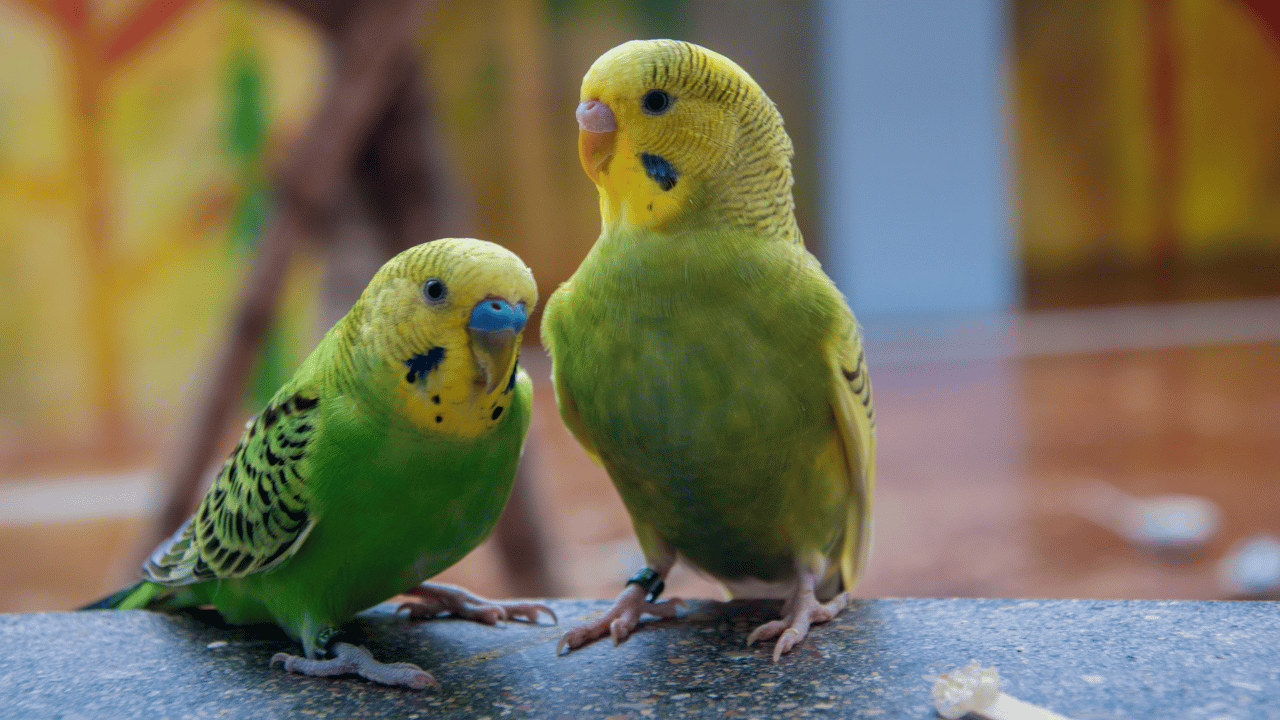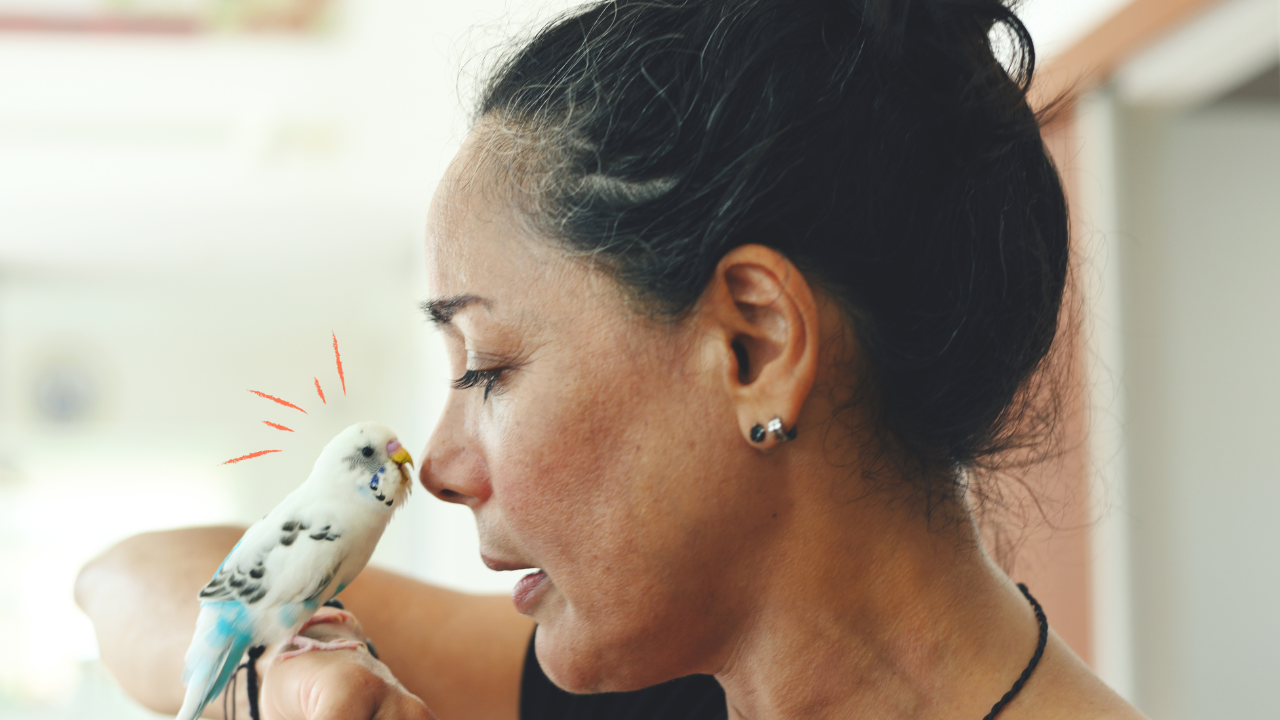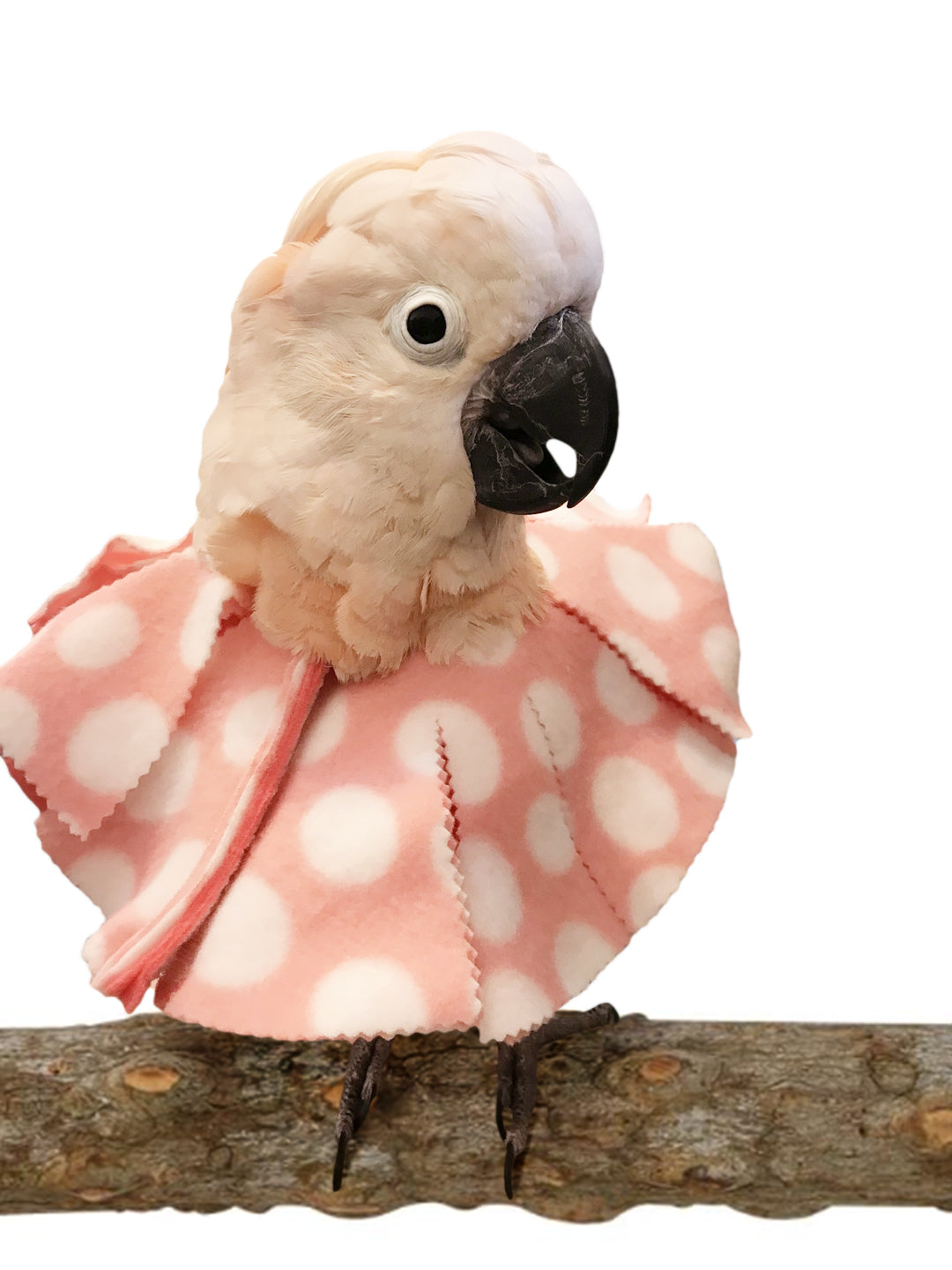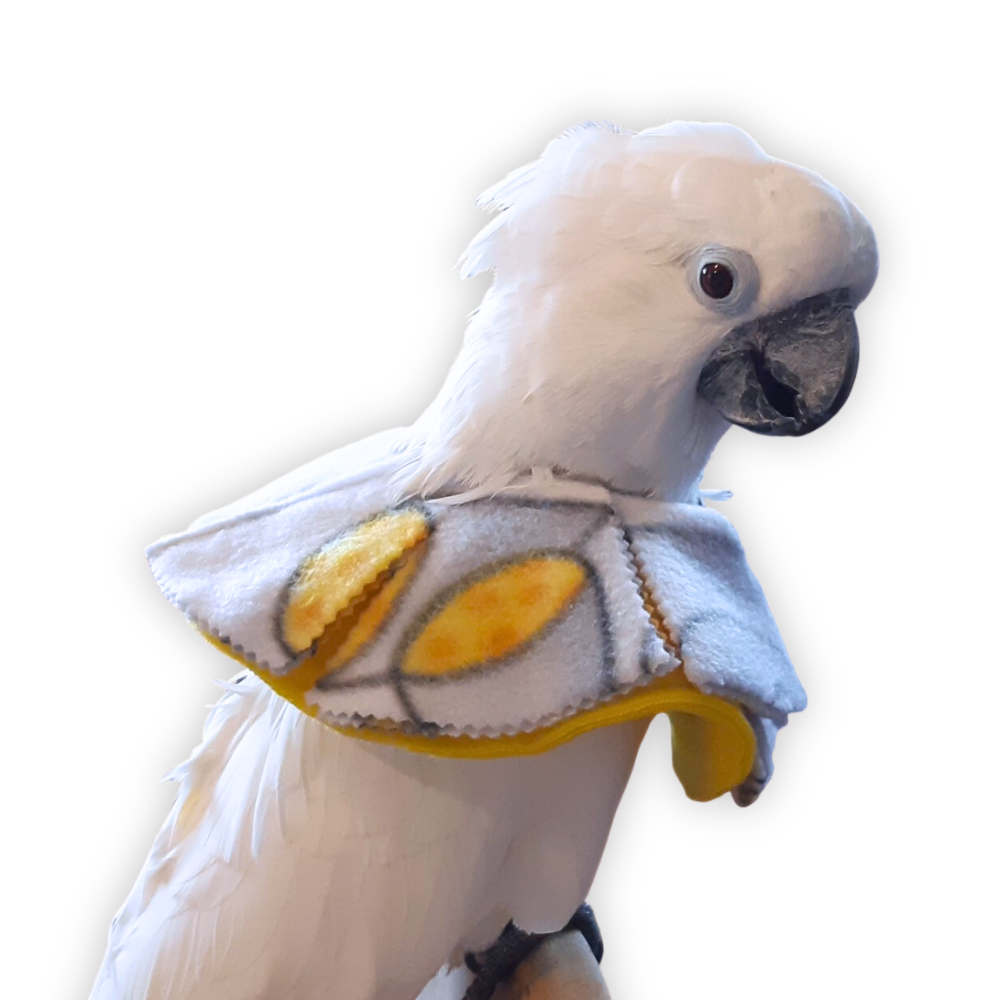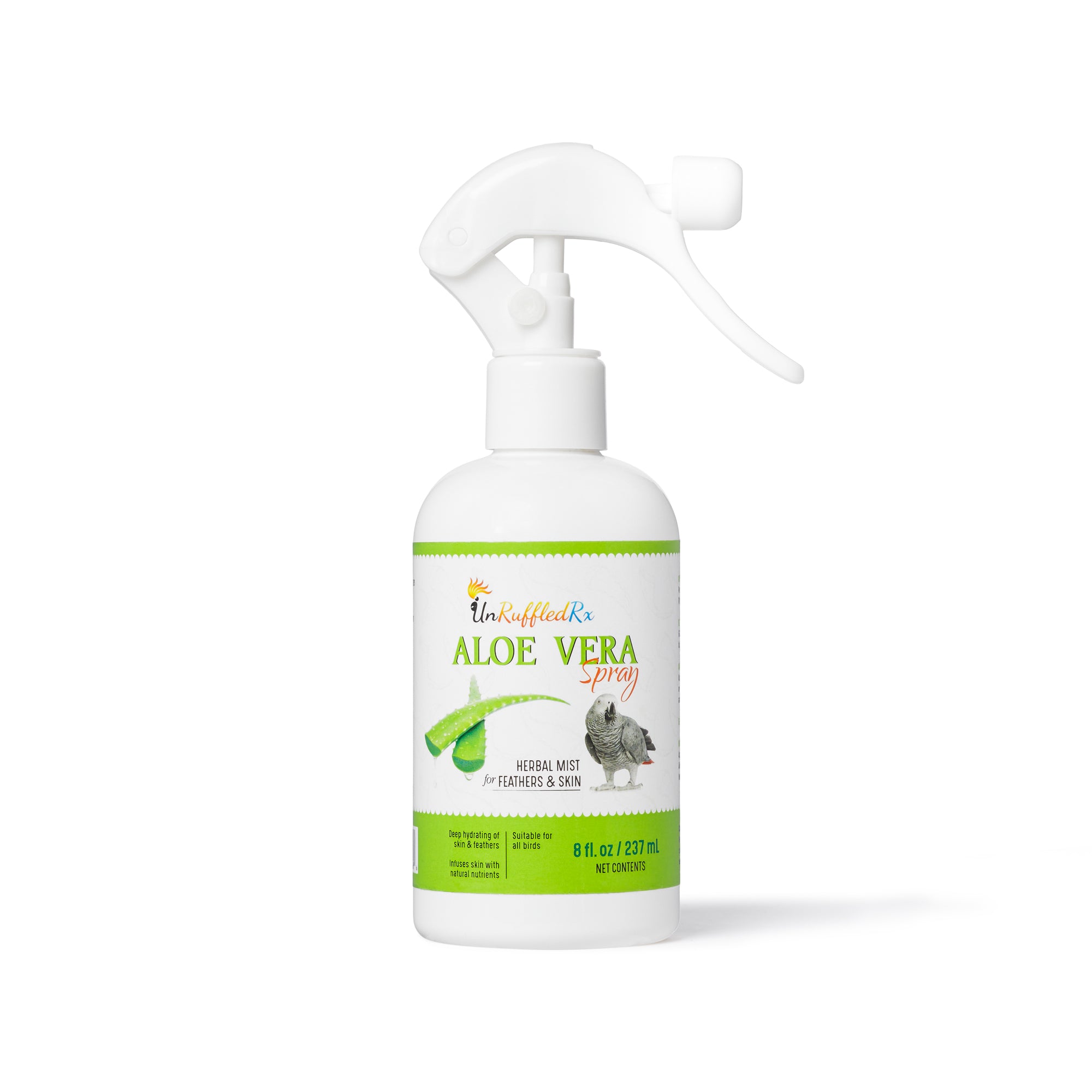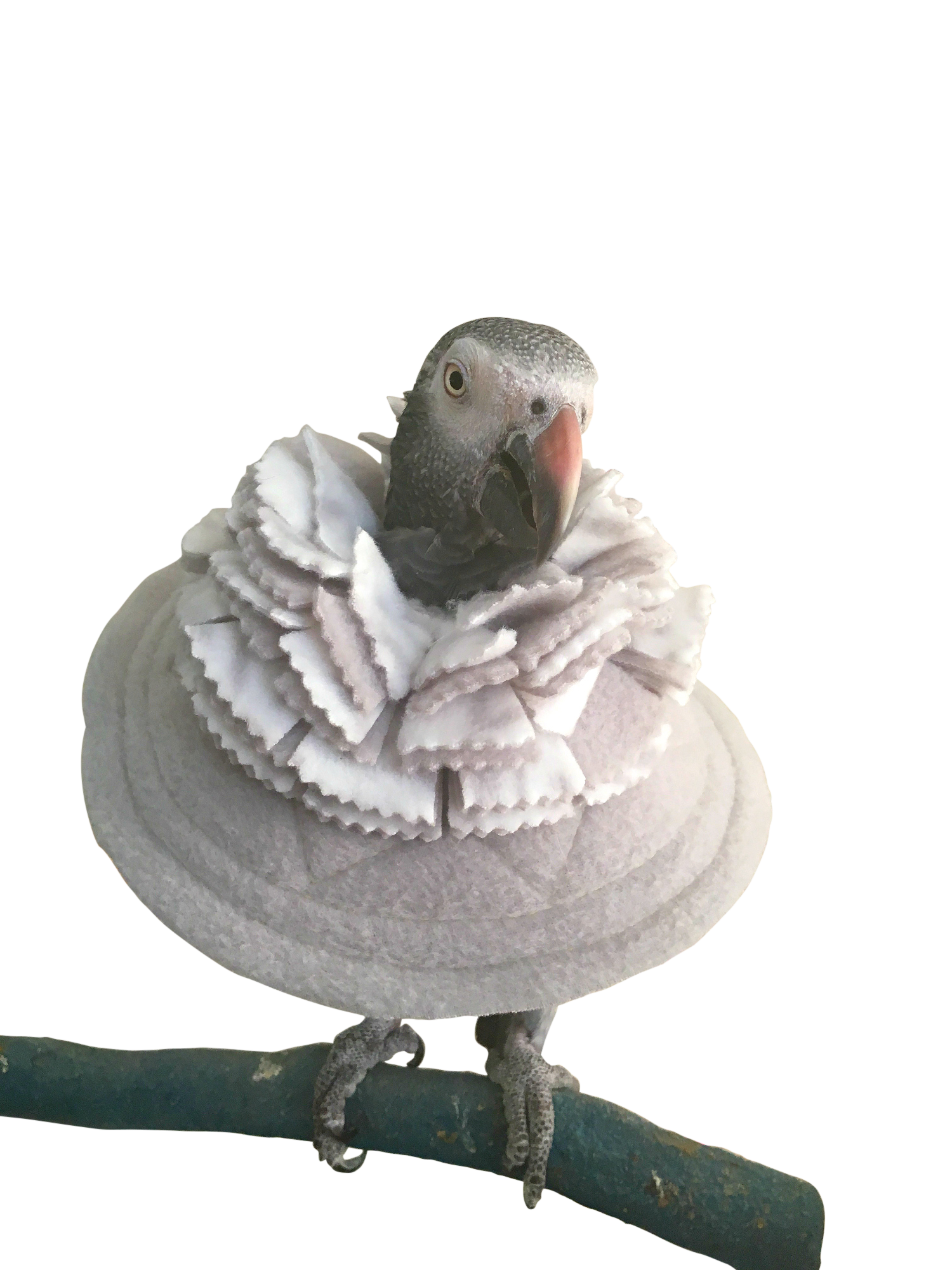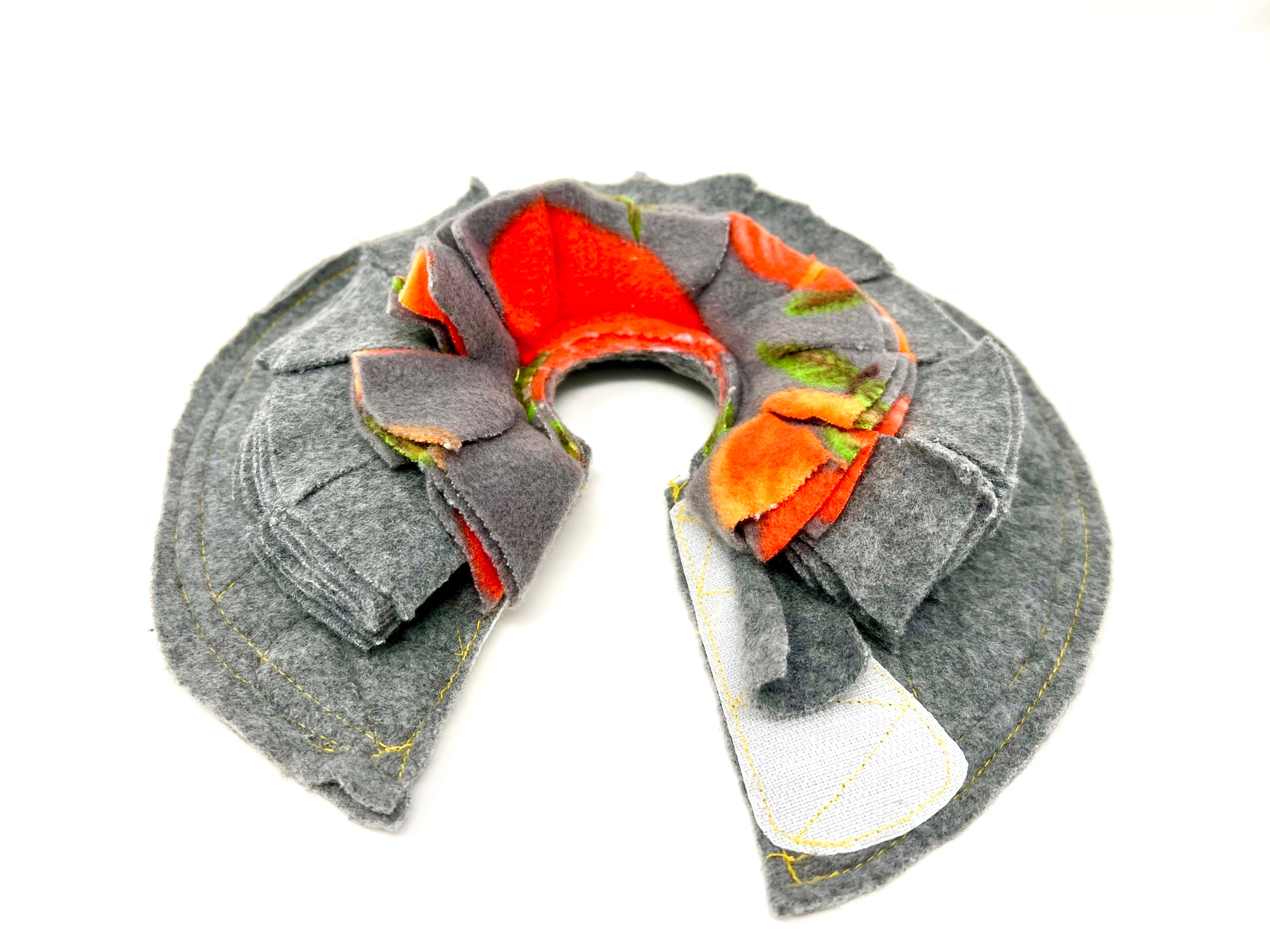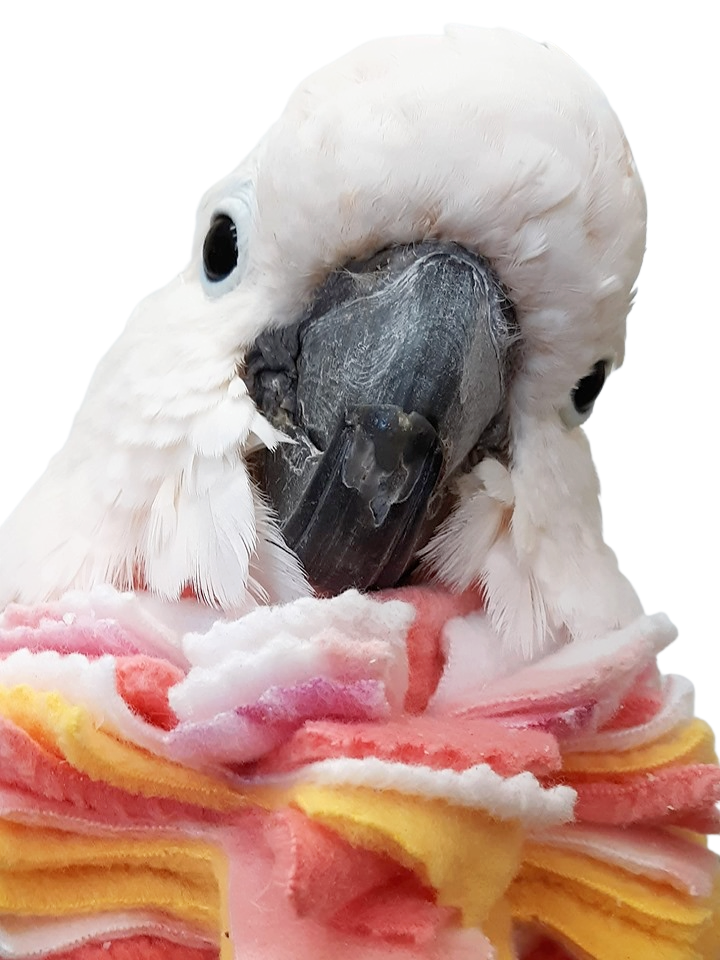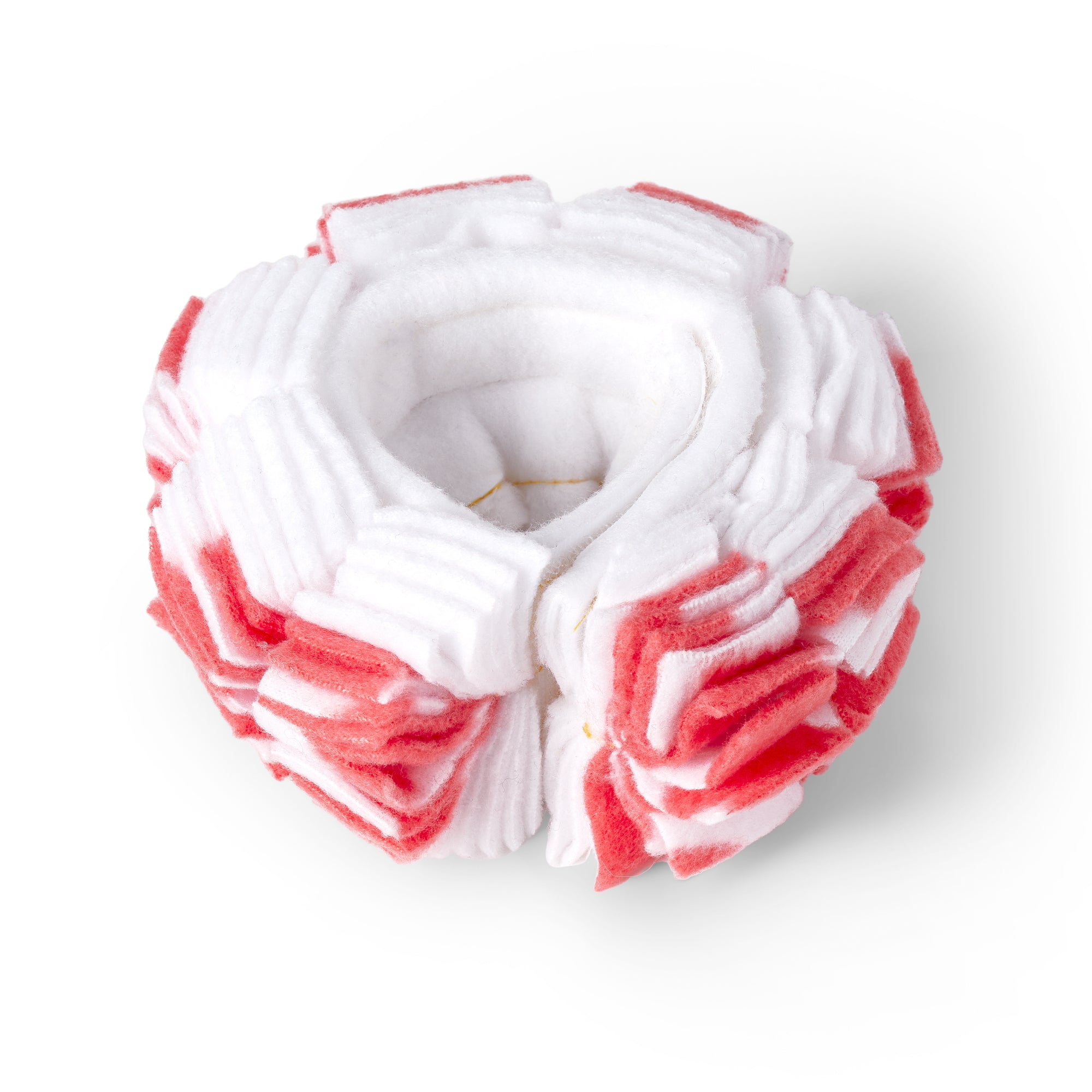Table of Contents
If you're thinking of getting a parakeet as a pet, congratulations! Parakeets are beautiful, colorful birds that make wonderful companions. However, it is important to learn how to take care of a parakeet. Parakeets are social creatures that thrive in an environment that provides plenty of interaction, play, and attention. But, they are also exotic pets that have unique care requirements.
How to take care of a parakeet with a safe environment
When bringing a parakeet into your home, it's important to create a suitable environment that meets their needs. Start by selecting the right cage size. The smallest cage for a parakeet should be at least 18x18 inches in size, allowing them ample room to move around and stretch their wings. Avoid cages with bars that are too far apart to prevent your feathered friend from getting stuck or escaping.
Next, consider the cage placement. Choose an area away from drafts, direct sunlight, and noisy appliances. Parakeets prefer a calm and quiet environment to feel secure and comfortable. Additionally, make sure to keep the cage away from kitchens or any rooms where fumes from cooking or cleaning products may be present. These fumes can be harmful to your parakeet's respiratory system.
 |
“Birds chirping around you is a beautiful realization that life is incredibly good. Let this sound be a gentle break in your routine.” ― Hiral Nagda |
Add various natural branch perches of different sizes and textures. This will help exercise their feet and prevent any foot problems. Also, provide a variety of toys and activities to keep your parakeet mentally stimulated and entertained. Parakeets love natural fibers, super softwoods, and cardboard. Anything that encourages foraging is perfect for a parakeet.
Choosing the best food for your parakeet
Of course you wouldn't feed your child chips all the time and hope they would be healthy! A lot of people get confused and think feeding a parakeet a vitamin-fortified seed diet is healthy but it isn't! First of all, the vitamins coat the seed hull, which gets chipped off and lands at the bottom of the cage. After this, seeds are bad for the bird. It experiences malnutrition and fat-infused liver disease.
It is vital to feed your parakeet quality pellets and fresh fruits and vegetables, since malnutrition is one of the leading causes of death for most birds. The best time to feed your bird fresh food is first thing in the morning when it is most hungry.

There are a number of foods that you should avoid, as they are poisonous to birds: Toxic foods that should never be fed to your bird include:
AlcoholAvocadoCassava (tapioca)CaffeineDairy productsOnion, garlic, scallionsMeatMushroomsChocolate or cocoaPeanutsFruit seeds and pitsUncooked beansFood intended for humans
Grooming your parakeet
Healthy parakeets preen their feathers every day to keep them clean and vibrant. Feathers are a birds most prized possession. Feathers help the bird regulate its temperature, fly and get exercise, and attract a mate. If your parakeet isn't taking care of its feathers it is a sign that something is wrong and it warrants a trip to the avian veterinarian.
Bathing is an essential part of fancy parakeet care. It helps keep their feathers clean and healthy. There are several ways to bathe your parakeet, including offering a shallow dish of water, a wet leaf of fresh lettuce, or misting them with a spray bottle.
Additionally, you'll want to occasionally gently file their toenails and beak. It is important to learn how to trim the beak and nails and avoid cutting the quick. Not only is this very painful, but birds are prone to "bleeding out," which can put them in shock. Ask your vet or a professional at a bird store to show you how to gently trim just the sharp tip.
Finally, keep the cage and dishes clean every day. Routinely change the cage liner or bedding to prevent bacteria and fungal infections. Wash poop and food debris from the cage tray and bars with gentle dish soap and wash the perches. You'll also want to inspect the toys a least weekly and toss out toys with frayed string, sharp parts, or ones that have become soiled.
Keeping your parakeet mentally stimulated and active
Parakeets are active flock animals with a high metabolism. As such, they require daily physical exercise and mental stimulation to stay healthy and happy. You can provide your parakeet with opportunities to stay active and engaged by giving them plenty of toys to play with, rotating their toys regularly, and creating a stimulating environment for them to explore.
In addition to toys, consider adding perches and swings to your parakeet's cage to give them more opportunities to exercise and move around. You can also train your parakeet to fly to and from your hand or a designated perch, which will provide them with both physical and mental stimulation.
Provide enrichment by playing the radio or TV for them. PetTunes on YouTube provides a lot of entertainment. But, nothing beats good old Clicker Training for Birds.
Incorporating plenty of playtime, exercise, and mental stimulation into your parakeet's daily routine is crucial to keeping them healthy, happy, and entertained. So be sure to spend time training and interacting with your parakeet each day, and give them plenty of opportunities to explore their environment and play.
Potential health concerns to be aware of
🐦At first glance, a bird may seem totally fine. But looks can be deceiving! Diet is usually the main reason why pet birds get sick, but other things, like trauma, bad living conditions, lack of cleanliness, stress, and heredity, can cause them to feel under the weather too.
It's important to provide your parakeet with a balanced and nutritious diet to ensure their overall health and well-being. Avoid feeding them solely on seed mixes, as this can lead to nutritional deficiencies. Instead, incorporate a variety of fresh fruits, vegetables, and fortified pellets into their diet.

Regular veterinary check-ups are crucial for detecting and preventing potential health issues in your parakeet. Make sure to find an avian veterinarian or an exotics vet who routinely sees parakeets to ensure they receive the best possible treatment. Additionally, provide your bird with a clean and spacious living environment to prevent the spread of bacteria and parasites.
Stress is another significant factor that can affect your parakeet's health. It's essential to create a calm and peaceful environment for them, free from loud noises and sudden changes. Regular interaction and socialization with your parakeet will also help alleviate stress and promote their overall happiness.
Heredity can play a role in your parakeet's health, so it's crucial to research and purchase your bird from a reputable breeder. A breeder knowledgeable in fancy parakeet care can provide you with information about any potential genetic health issues that may arise.
Bonding with and training your parakeet
To properly train your bird, take it slow and break desired behaviors down into bite-sized pieces; ten minutes of work every day should be sufficient. Never force your bird to be held as a way to tame it. This will only make your bird more afraid of you. Instead start training in the least intrusive way, allowing your bird to slowly gain trust.
Encourage your bird to allow you near its cage while remaining calm. Approach the cage with a gentle and calm attitude. Keep an eye out for signs of fear and do not approach closer your bird until he or she is comfortable.
Once your bird allows you to come near the cage, try putting your hand on the cage. Praise your bird when it is calm. Then, proceed to opening the cage door. Again, praise all calm behavior.
Next, you'll want to put your hand inside of the cage. Don't approach your bird just yet. You can hold a sprig of millet if you want. As your bird shows curiosity, praise it. Never try to grab the bird. Let it come to you. Keep in mind that any time you scare your bird the training will go backwards.
You can try to get your bird to jump on a small perch while inside of the cage. Then advance to trying to get it to jump on your finger. Finally, start working on stepping up and riding on your shoulder.
Keep training sessions short and calm.
In conclusion...
Taking care of a parakeet requires time, patience, and a genuine love for these colorful and intelligent creatures. By following the tips and guidelines provided in this blog post, you can ensure that your parakeet lives a happy and healthy life.
First and foremost, creating the perfect environment for your parakeet is crucial. Provide a spacious cage with plenty of toys, perches, and a variety of food and water sources. Additionally, keeping your parakeet mentally stimulated is essential for their well-being. Engage them in interactive play and provide opportunities for them to explore their surroundings.
It is important to be aware of potential health concerns that may arise. Regularly monitor your parakeet for signs of illness and seek veterinary care when necessary. Educate yourself on common health issues and provide proper nutrition to prevent any avoidable health problems.
Lastly, developing a bond with your parakeet and training them can be a rewarding experience for both of you. Spend quality time with your parakeet, talking to them and offering treats as positive reinforcement during training sessions. This will not only strengthen your relationship but also ensure their well-being.
Related Posts:
References:
Link to this blog
Diane Burroughs, LCSW is a licensed psychotherapist trained in ABA therapy techniques. She specializes in avian anxiety disorders and is certified in Nutrition For Mental Health. Diane has written a number of bird behavior books and she offers behavior consultations. She's developed a range of UnRuffledRx Science-backed Parrot Wellness Supplies.
Diane's products have been featured in the Journal of Avian Medicine and Surgery and at Exoticscon, a conference for exotic pet veterinarians. Her bird collars & supplements are stocked in avian vet clinics and bird stores throughout the US. With over 30 years in the field of behavior, Diane has created thousands of successful individualized behavior plans that help pets thrive.
TAGS: #ParakeetCare #HowToTakeCareOfAParakeet
SHARING IS CARING! PLEASE SHARE ON YOUR FAVORITE SOCIAL MEDIA NOW!

